Blockchain Git: And the Future of Opensource Collaboration
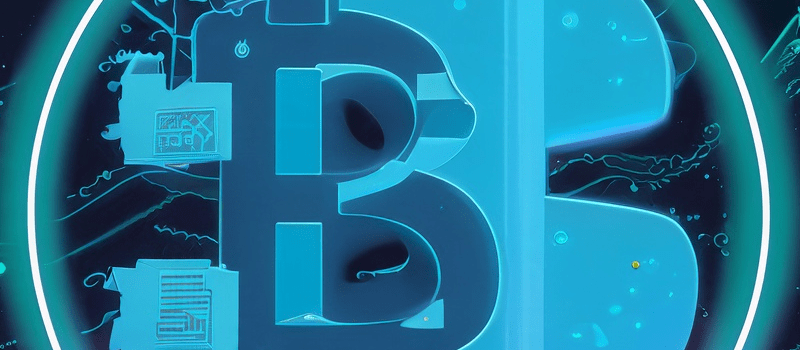
As a software developer, I have always been fascinated by the power of Git for version control and collaboration. However, recently I stumbled upon an intriguing concept that combines the principles of Git with the revolutionary technology of blockchain. This fusion, known as Gitcoin, not only promises to enhance the transparency and security of software development projects, but also opens up new possibilities for decentralized collaboration and incentivization. In this article, we will delve into the relationship between Git and blockchain, exploring the potential benefits of Gitcoin and how it can drive process changes in the world of software development. Join me on this journey as we uncover the exciting intersection of two groundbreaking technologies.
Introduction
A blockchain is a distributed ledger technology (DLT) that allows transactions and data to be recorded and shared peer-to-peer across a decentralized network. Key aspects of blockchain technology include:
- Decentralized consensus (no central authority)
- Cryptographic hashes for security
- Immutability of recorded transactions
- Tokenization and native assets
Git is a version control system developed in 2005 that is widely used for collaborative software development. Git enables developers to track changes to code over time and coordinate work across multiple contributors. Some key features of Git include:
- Saving code changes in “commits”
- Maintaining a history of commits over time
- Using cryptographic hashes to identify commits
- Managing independent branches of code
- Distributed collaboration between developers
"Git has emerged as one of the most widely adopted distributed version control systems."
While Git shares some technical similarities with blockchains, there is debate around whether it qualifies as a true blockchain technology. This article will explore the relationship between Git and blockchain and how the two technologies can intersect and complement each other.
Is Git a Blockchain?
There has been much discussion around whether Git can be considered a true blockchain technology. On the surface, Git shares some technical characteristics with blockchains:
- Git uses Merkle trees and cryptographic hashes to secure commit data, similar to blocks in a blockchain
- Git enables distributed collaboration between users, akin to blockchain networks
- Git commit histories are somewhat analogous to the transaction histories in blockchains
However, Git lacks some of the key attributes that define blockchain platforms:
- Git does not use decentralized consensus – changes are approved by centrally managed repo administrators
- Git has no inherent tokenization or native assets
- Commits can be altered in Git by those with proper access, unlike the immutable transactions in a blockchain
As one expert explains:
"Git on its own is not a blockchain technology. It doesn't manage consensus between participants, have a native token model, or provide decentralized governance."
Overall, while Git utilizes some data structures common in blockchain, most analysts argue it does not satisfy the full criteria to be considered a blockchain technology.
How Git Relates to Blockchain
While Git may not be a full blockchain itself, it does relate to blockchain technology in some significant ways:
-
Both Git and blockchains rely on Merkle trees and cryptographic hashes to secure the integrity of data and track changes:
"Git relies on cryptographic hashes to identify commits and their relationships, similar to blocks in a blockchain." -
In theory, multiple Git repositories could be linked together to form a decentralized ledger of commits that is not controlled by any one entity.
-
New projects are exploring how Git-like functionality can enable blockchain capabilities:
"Gitcoin aims to incentivize open source development by integrating Git version control with blockchain payments and governance."
Some analysts see potential for Git to take on more blockchain-like qualities such as immutable commit histories, tokenized incentives, and decentralized hosting and coordination. For now, the two technologies have clear synergies in enabling transparent and secure collaboration and progress tracking for software development.
Using Git for Blockchain Development
Git is an integral tool for teams building blockchain networks and applications:
- Git enables transparent collaboration between potentially thousands of developers across open source blockchain projects.
- Git repositories allow the entire progress of a project to be visible to the community.
- Commits provide a record of who introduced changes and when.
- Branching lets developers work independently then merge their code.
Platforms like GitHub and GitLab provide essential tools for blockchain teams:
- Issue tracking connects development tasks to commits.
- Code reviews ensure quality and security.
- Release management automates publishing new versions.
- Access controls let teams manage permissions.
"Virtually all major blockchain platforms from Bitcoin to Ethereum rely on Git for version control and coordination between contributors."
By integrating with blockchain technologies, Git-based platforms like Gitcoin also aim to provide new models for compensation, governance, and community management:
- Gitcoin allows financial incentives tied to code contributions.
- Repositories enable transparent decision-making.
- Protocols can be designed in the open by distributed teams.
Overall, Git enables key aspects of managing collaborative blockchain development while providing plenty of room for additional innovation.
The Promise of “Blockchain-ized” Git
If Git adopted more blockchain-like capabilities, it could enable new models for software collaboration:
-
Immutable commit histories – commits could be cryptographically secured across repos to prevent tampering.
-
Tokenized incentives – native tokens could incentivize contributions and align stakeholders.
"Integrating token models with Git could provide new ways to incentivize open source work." -
Decentralized hosting – repos could be distributed across networks rather than centralized servers.
-
Consensus protocols – governance of repo changes could happen via decentralized voting.
-
Identity management – user profiles and credentials could be created and managed on-chain.
Some even propose connecting Git repositories together into a “Gitchain”:
"In theory, individual Git repos could be linked together to form a decentralized ledger of all code changes."
This “Web3” version of Git integrated with blockchain could enable new models for collaborative open source development. However, it would require adapting Git’s core version control functionality to work in a decentralized environment.
Conclusion
In summary:
- Git provides essential version control infrastructure for blockchain development, but lacks key attributes of decentralized ledgers.
-
There are clear technical synergies between Git and blockchain technologies:
- Both utilize cryptographic hashes to secure data
- Distributed collaboration is core to each
-
Integrating blockchain capabilities into Git could enable new models:
- Immutable commit histories
- Token incentives
- Decentralized coordination
However, adapting Git to work in a fully decentralized way presents challenges.
As blockchain adoption grows, Git will likely play an increasingly important role in collaborative development. Further aligning the capabilities of the two technologies could lead to impactful innovation in open source collaboration. But Git will also continue providing vital utility for version control even without deeper blockchain integration.
"The relationship between blockchain and Git will be an interesting area to watch as both technologies continue maturing."


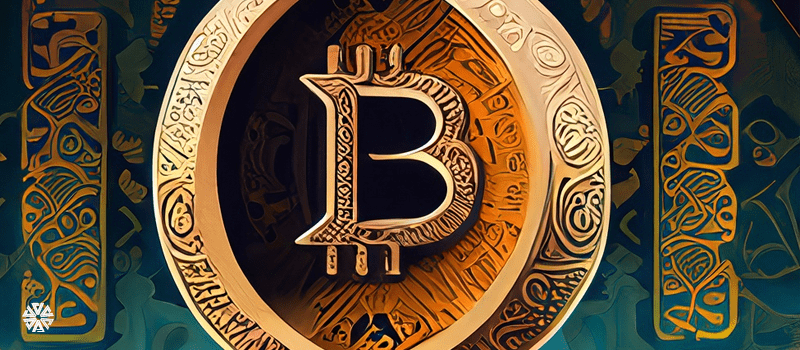
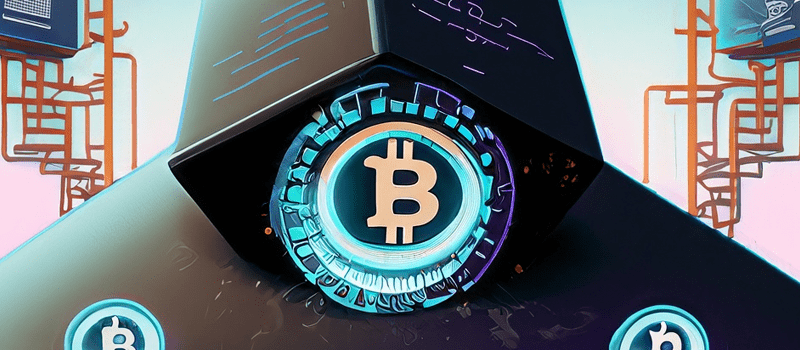
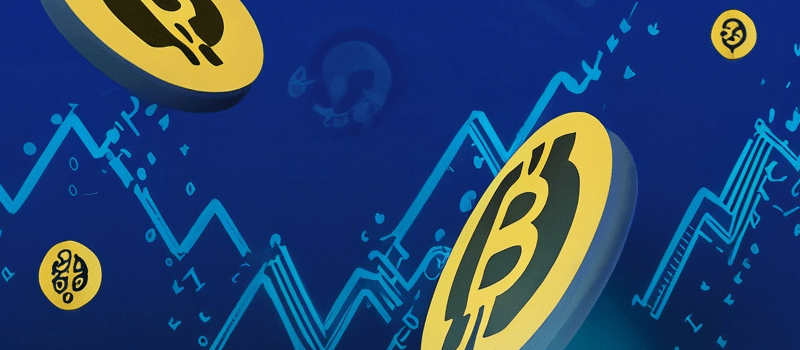
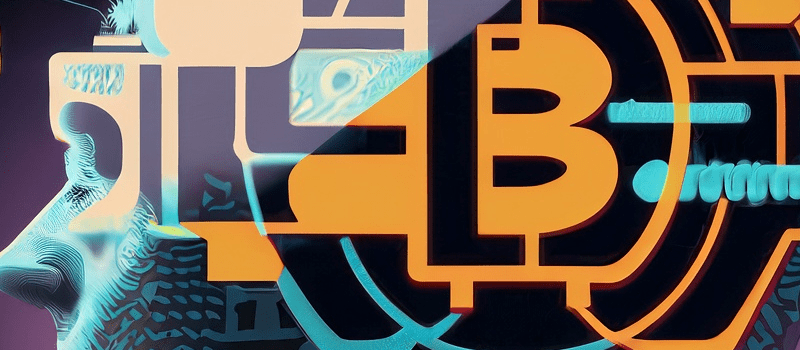
Responses